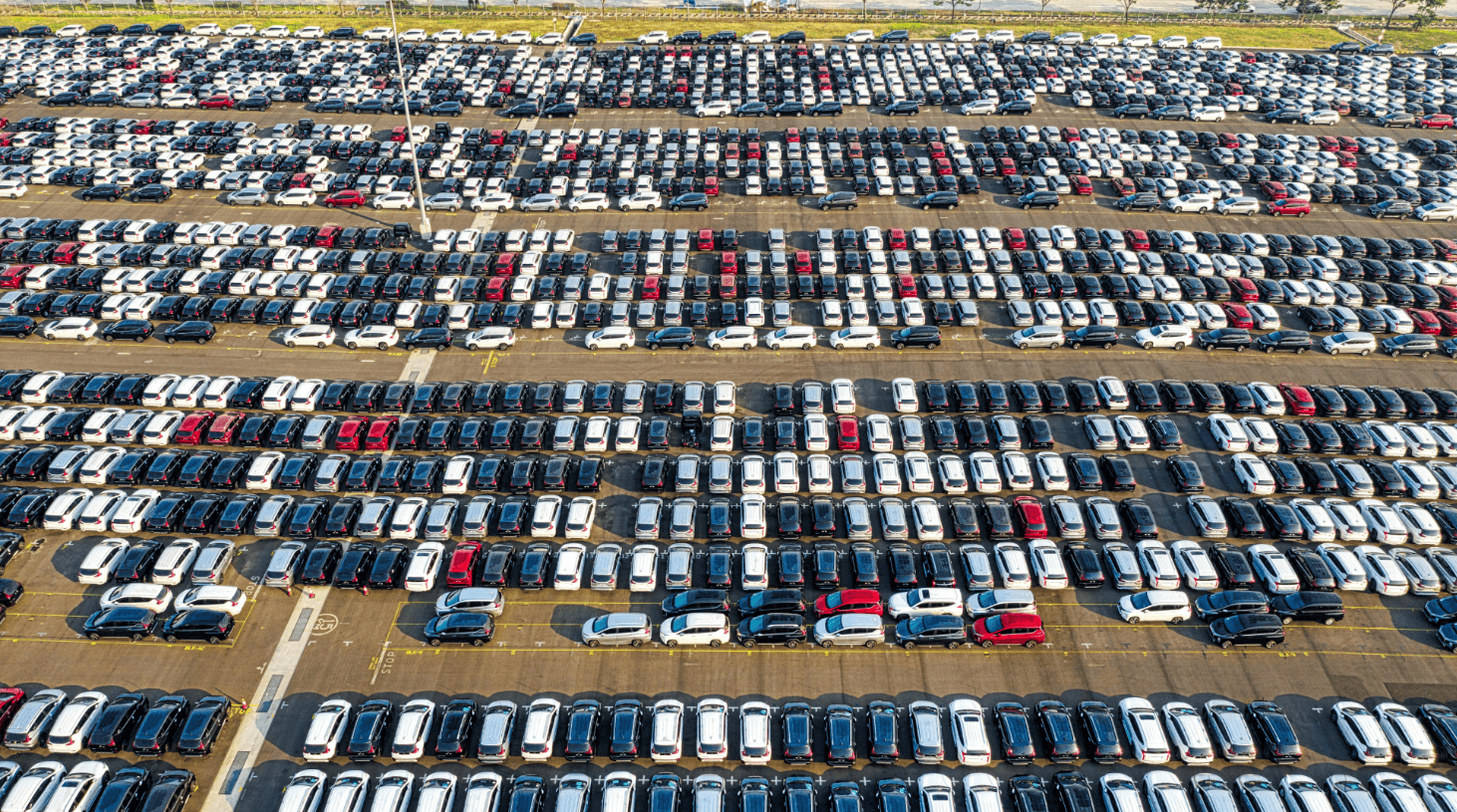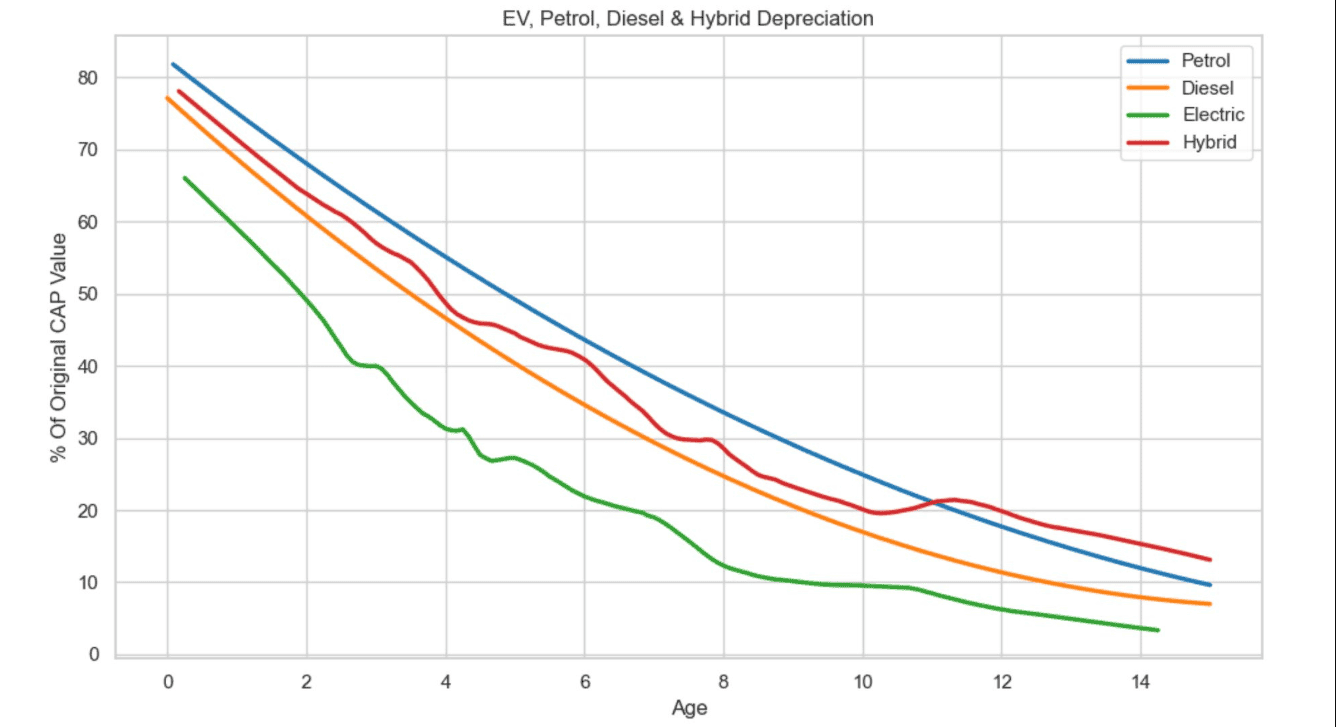Virginia Governor Glenn Youngkin recently declared that the state will abandon California’s stringent vehicle emissions standards.
This controversial decision, which follows an opinion issued by Attorney General Jason Miyares, has ignited a fierce debate among lawmakers and environmental advocates. But what’s really driving this change, and what does it mean for Virginians?

Why Virginia Is Abandoning California’s Emission Rules (PDF)
The Background
In a bold move, Governor Youngkin announced that Virginia will no longer adhere to California’s vehicle emissions rules aimed at reducing carbon pollution. This decision comes into play at the end of the year, aligning with the expiration of California’s current regulations.
According to Youngkin, Virginians should have the freedom to choose vehicles that suit their needs without government mandates dictating their choices. He emphasized this sentiment, stating, “Once again, Virginia is declaring independence — this time from a misguided electric vehicle mandate imposed by unelected leaders nearly 3,000 miles away from the Commonwealth.”
The Legal Perspective
The shift was catalyzed by a legal opinion from Attorney General Jason Miyares, which stated that Virginia is not legally bound to follow the new mandates set by the California Air Resources Board, effective January 1. This opinion, requested by Youngkin and Senate Republican Leader Ryan McDougle, has provided the legal backing for Virginia’s decision to revert to federal standards.
In a statement, Miyares remarked, “EV mandates like California’s are unworkable and out of touch with reality. Thankfully, the law does not bind us to their regulations.”
Political and Environmental Reactions
The announcement quickly drew criticism from Democrats and environmental groups. Senate Majority Leader Scott Surovell didn’t mince words, accusing Youngkin of overreaching his authority: “The governor is breaking the law and the AG is giving him cover.”
The Southern Environmental Law Center echoed this sentiment, calling the decision “illegal, shortsighted, and bad public policy.” Trip Pollard, a senior attorney with the center, highlighted the broader benefits of the Clean Cars standards, which aim to transition to cleaner vehicles and deliver health and environmental advantages to all Virginians.
The Environmental Impact
Virginia’s clean cars law, introduced in 2021, mandated that by 2024, a portion of new passenger vehicles sold must be electric or hybrid. This legislation aimed to mirror California’s stringent emissions targets, which have long been a national standard thanks to special provisions under the federal Clean Air Act.
But with Virginia now shifting to federal emissions guidelines, the forecasted environmental gains could be compromised. Although federal regulations are still relatively advanced, they lack the stringency of California’s measures, potentially decelerating the transition to greener vehicles within the state.
What’s Next for Virginia?
Natural and Historic Resources Secretary Travis A. Voyles confirmed that Virginia will revert to federal standards by the year’s end, following the attorney general’s opinion. This means that the State Air Pollution Control Board will not adopt California’s new standards unless it decides to do so in the future.
Manufacturers will have to adjust their strategies accordingly. Under the previous law, those not meeting the electric vehicle sales targets could purchase credits from compliant manufacturers. With the new shift, this market mechanism will no longer apply, leading to potential adjustments in how manufacturers approach the Virginia market.
The Bigger Picture
Governor Youngkin’s decision reflects a broader ideological divide over environmental regulation and state autonomy. By stepping away from California’s stringent rules, Virginia is positioning itself as a state prioritizing economic flexibility over aggressive environmental mandates.
However, this decision also raises questions about long-term environmental strategies and the state’s role in combating climate change. The move has undoubtedly sparked a heated debate, but whether it will lead to significant policy shifts remains to be seen.
Conclusion
Virginia’s move to abandon California’s vehicle emissions standards is a significant development with far-reaching implications. While proponents argue it allows for greater consumer choice and economic flexibility, critics warn it undermines efforts to combat climate change and promote public health.
As Virginia transitions to federal standards, the state’s environmental future hangs in the balance. Will this decision prove beneficial for Virginians, or will it backfire in the long run?
What do you think about Virginia’s decision to abandon California’s emissions rules?




